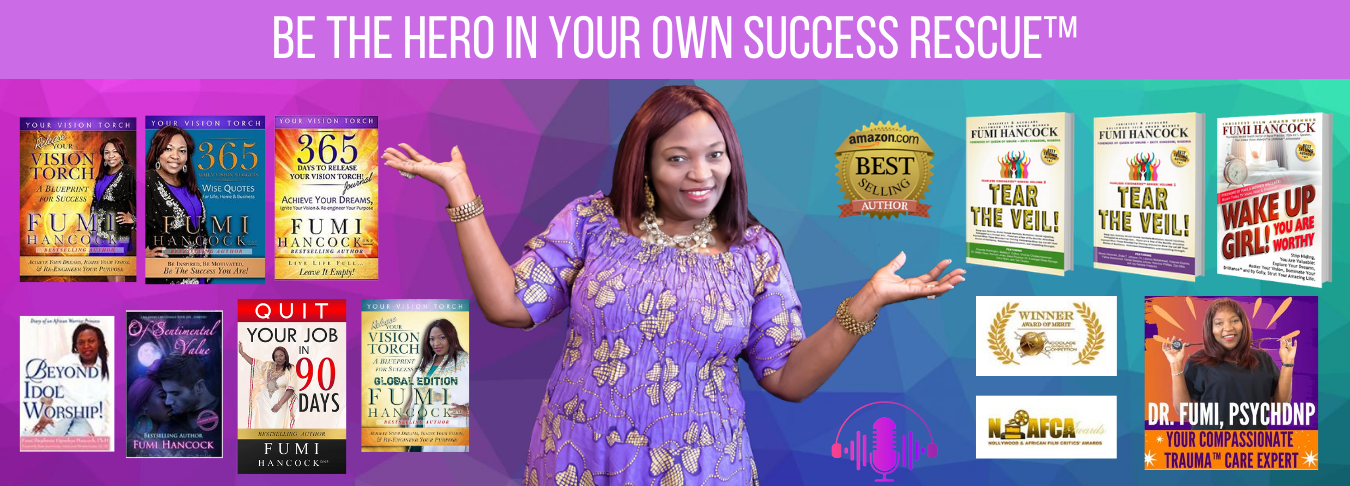 This week, we are going to look at a major problem. The issues that arise between businesses and clients that damage business relationships are one of the biggest problems you will face as you build your business. This blog identifies all the major issues—and should help you fix them. There is no reason to have a poor rapport between yourself and your clients! If you do, let’s fix it!
This week, we are going to look at a major problem. The issues that arise between businesses and clients that damage business relationships are one of the biggest problems you will face as you build your business. This blog identifies all the major issues—and should help you fix them. There is no reason to have a poor rapport between yourself and your clients! If you do, let’s fix it!
Not Listening
This is one of the most obvious signs of poor communication in every business relationship. Someone who always cuts off their client every time they speak can send a wrong message to that person; for example, that their opinion and their thoughts are insignificant. Try to improve your listening skills and always try to understand what your client is telling you. This is one of the best ways to prevent any misunderstanding.
Being Passive Aggressive
Passive aggressiveness is one of the most dangerous forms of communication. By using it, you can put the other person on the defensive, and in the long term, this type of behavior can affect the stability of your relationship.
Losing Your Temper Very Easily
If you have anger issues, and if you easily lose your temper, then you might have communication problems, too. Anger will not allow you to express yourself rationally, and your behavior may hurt your client’s feelings or cause them to get angry in return. Despite this, everyone is accountable for their actions and for their reactions. If you remain calm during an argument, you can discuss things rationally to sort things out and not risk damaging the relationship.
No Nagging
Yes, nagging is indeed a sign of poor communication in your business relationship.
If you constantly nag, repeating the same demands over and over, you are not communicating efficiently, and the other person will not receive the message you are trying to send. Learn straightforward communication techniques that allow the problem to be addressed productively.
Ignoring That Person
Ignoring your client is not a way to improve the communication in your relationship. Not talking to your client when you are upset over something they did is never a good solution if you want to solve the problem. Ignoring your client will only cause more problems in your relationship, and you will only sabotage yourself and your business.
Shouting, Screaming and Using Poor Language
Even if you’re upset, this doesn’t give you the right to offend or to hurt someone, especially in a professional environment. Don’t use profanities, and be respectful!
YOUR VISION TORCH Series
Achieve Your Dreams, Ignite Your Vision, & Re-engineer Your Life Purpose
More blog articles at www.yourinneryou.com
Dear Princess Column at: www.sentimentalnursewriter.com
Download your free sample here







